Biophysics
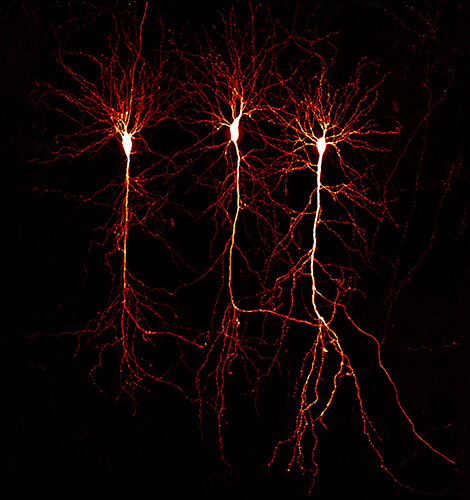

Optobiology
Head: Prof. Marina Mikhaylova
Our lab’s overall aim our lab is to understand what defines dendritic compartments as "plasticity units". Our research questions encompass plasticity and stability of individual synapses, synaptic diversity and communication between nearby synapses. The role of the microtubule and actin cytoskeleton; trafficking rules controlling organelle transport and positioning are particularly interesting.
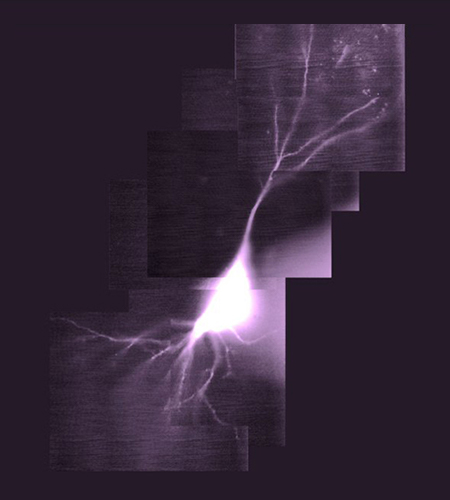

Cellular Biophysics
Head: Prof. Andrew Plested
In the Cellular Biophysics group, we study glutamate receptors and other components of fast synaptic transmission.
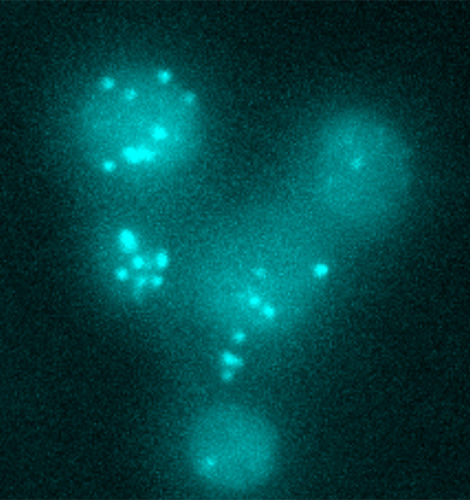

Theoretical Biophysics
Head: Prof. Edda Klipp
We study complex biological phenomena by combining computational approaches with experimental methods. Our research interests range from modeling specific signaling and metabolic pathways to whole-cell modeling using e.g. ODE, Boolean and agent-based modeling techniques.
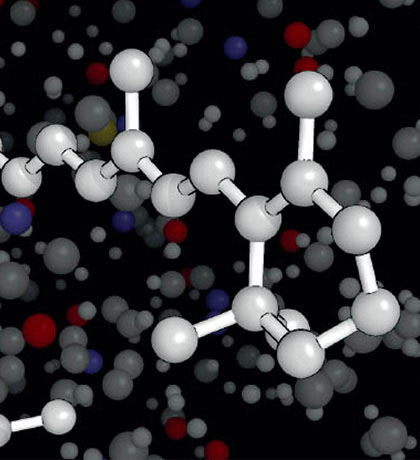

Experimental Biophysics
Head: Prof. Peter Hegemann
Our research group studies the structure-function relation of sensory photoreceptors from algae, fungi and bacteria.
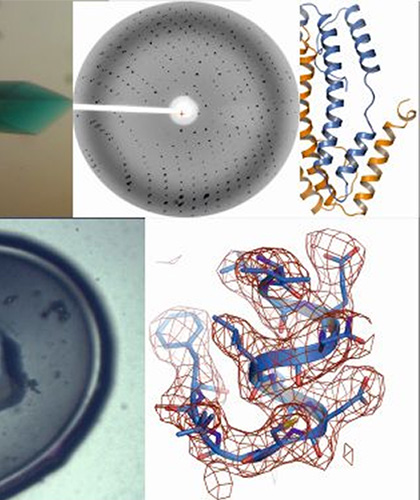

Biophysical Chemistry
Head: Prof. Franz Bartl
The topic of the research group “Biophysical Chemistry“ is the investigation of reaction mechanisms of various photoreceptors with spectroscopic methods, particulary with UV/Vis and static and time resolved FTIR spectroscopy in the time range from ns to seconds.
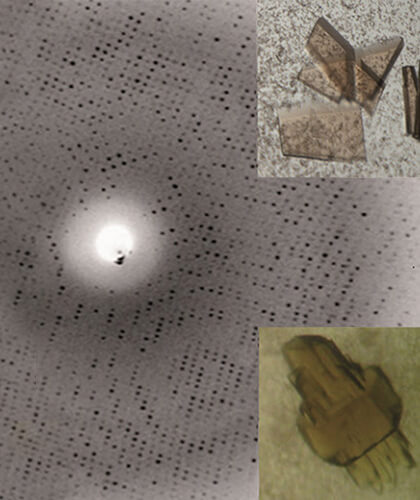

Structural Biology and Biochemistry
Head: Prof. Holger Dobbek
We apply protein crystallography and bioinformatics, together with biochemical and biophysical methods to study energy transforming reactions in Nature. Short-term goals are a better understanding of the enzymes involved and their evolution. The long-term goal is to develop (bio)catalysts for the energy-efficient use of CO2 and CO and the (bio)degradation of pollutants.
